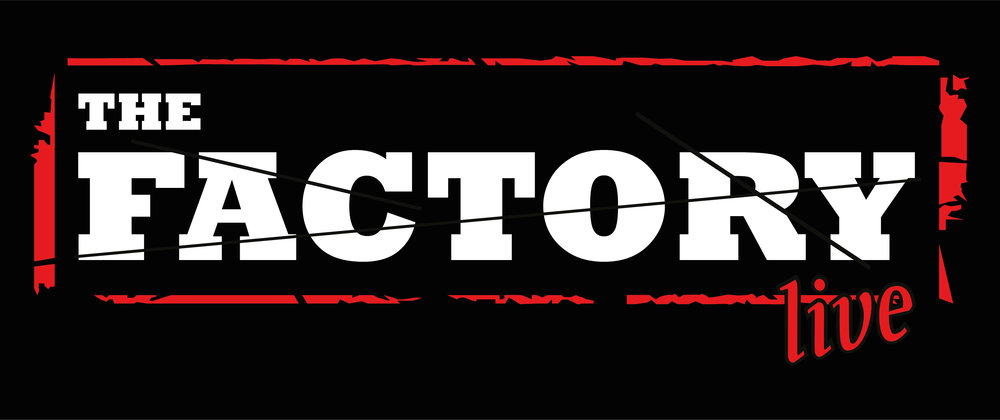The Brighton Beach Boys return to the work of The Beatles and recreate the songs of Revolver (1966).
Revolver: The Turn on moment of music. Revolver makes the momentum The Beatles turned away from the pressures of constant touring and looked to fulfil their creative imagination of in the studio. 1966 was the moment when London transitioned into a city shaped by Pop in Art and Music, and the songwriting of the Fab Four turned to explore sounds and textures offered by audio experimentation and the Avant-garde. This is The Beatles making the quality of awareness the subject of their work. Lennon described this as a struggle to break out of the straitjacket of the mind, to reach “out there”.
Starting with Taxman, the album stretches out in all directions, searching out new sounds and adapting new modes of composition. The music from India is present, and the use of new recording techniques appears throughout the album. The album also sees the beginning to the transition from the band having fixed roles in performance, with McCartney providing the guitar solo on Taxman, with experimentation shaping the choices in all aspects of performance. The album closes with Tomorrow Never knows, with Lennon singing against the winds of time as he draws on the Tibetan book of the Dead and points to the enormity of the universal. Accompanied by Paperback Writer and Rain, this session was the point when the dam was pierced and the world changed forever.
Led by Steve Wrigley, featuring Glen Richardson , along with Adrian Marshall, Tom Arnold, Shanti Jayasingha and with the multi-instrument madness of Charlotte Glasson, this will be a night of sonic exploration and delight.

